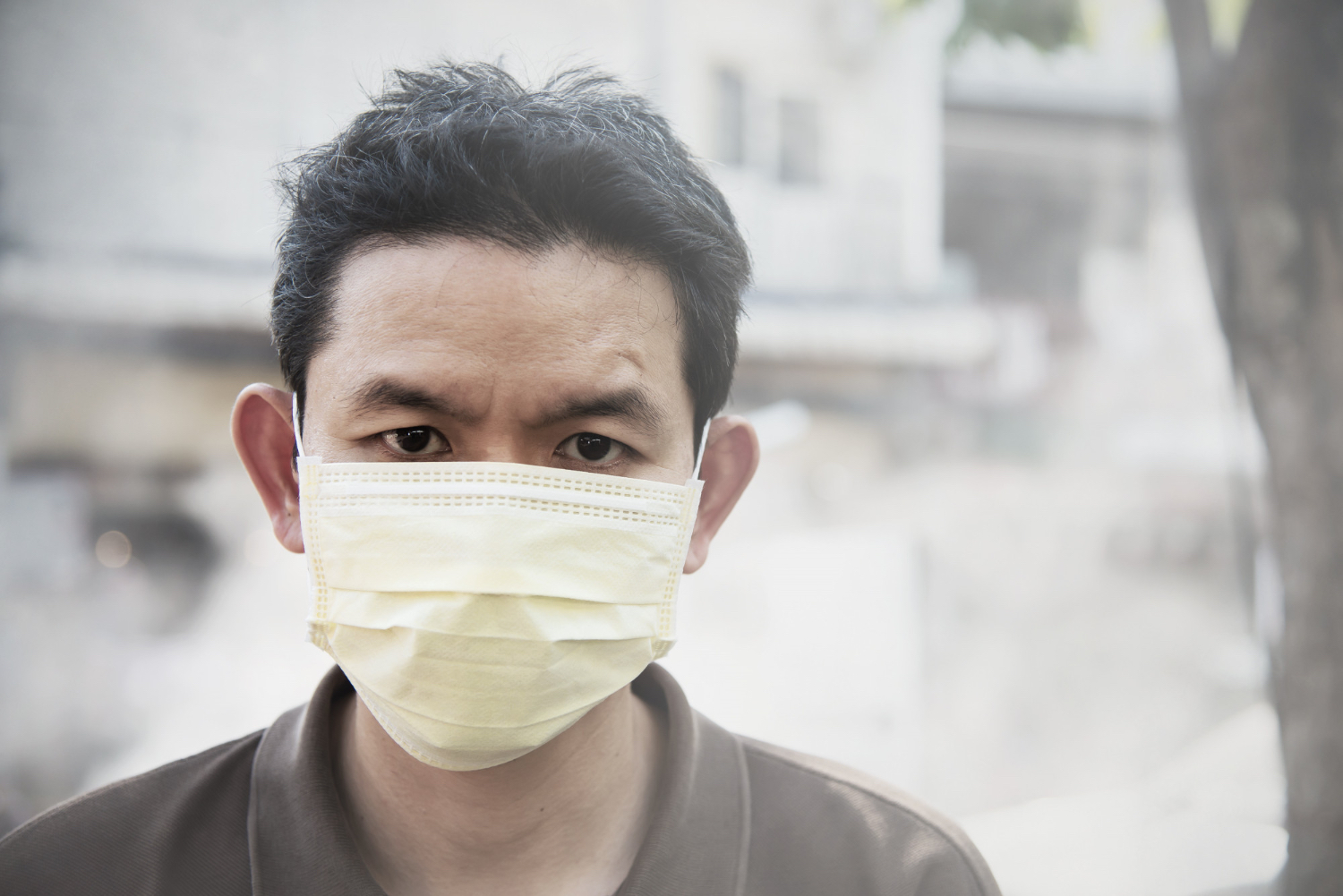MALAYSIA: The Ministry of Health (MoH) has reassured the public that Malaysia has not experienced a rise in influenza cases, despite concerns over increasing infections reported globally. Recent international reports, including those from the World Health Organization (WHO) for the Western Pacific Region (WPRO), have highlighted a surge in cases in some countries. However, Malaysia’s influenza situation remains stable, with key indicators showing a decline.
No surge in influenza cases in Malaysia
According to the MoH, the positivity rate for influenza samples in the region has actually decreased, from 26.1% in Epidemiological Week (EW) one of 2025 to 21.97 per cent in EW four of 2025—a drop of four percentage points.
Additionally, Malaysia’s health clinics recorded a lower consultation rate for influenza-like illness (ILI), which fell from 5.81 per cent in EW 3 to 4.67 per cent in EW 4. Severe acute respiratory infection (SARI) cases also saw a slight decrease, from 7.52 per cent to 7.26 per cent in the same period.
Ongoing monitoring of avian influenza
While concerns over avian influenza persist worldwide, the MoH has confirmed that Malaysia remains free of human cases. The last recorded human case in the Western Pacific Region was on Jan 1, and no new cases have been reported in Malaysia or the region as of Jan 31.
To mitigate risks, the MoH is working closely with the Department of Veterinary Services (DVS) and the Ministry of Agriculture and Food Security (MAFS) to monitor livestock farms, wild bird populations, and wet markets, as reported by Malay Mail. These proactive surveillance efforts ensure that any potential outbreak is detected and contained swiftly.
Preventive measures to safeguard public health
The ministry continues to stress the importance of preventive health measures to curb the spread of influenza. These include frequent handwashing with soap or the use of hand sanitisers, maintaining good respiratory hygiene by covering the mouth and nose when coughing or sneezing, and wearing face masks, particularly for high-risk individuals or those exhibiting symptoms.
Additionally, the MoH encourages Malaysians to receive their annual influenza vaccinations as an extra layer of protection. Individuals experiencing symptoms such as fever, cough, or a prolonged cold are advised to seek medical attention at either government or private healthcare facilities.
Government’s commitment to public safety
The MoH has assured the public that it remains vigilant in monitoring the influenza situation and will continue to provide timely updates. By maintaining robust surveillance, enforcing biosecurity measures, and keeping the public well-informed, Malaysia is reinforcing its commitment to preventing the spread of infectious diseases and safeguarding public health.
The ministry also reminds the public that collective responsibility plays a crucial role in disease prevention, urging people to take necessary precautions and seek medical advice when needed. By working together, Malaysia can continue to maintain its strong defences against influenza and other infectious diseases.

